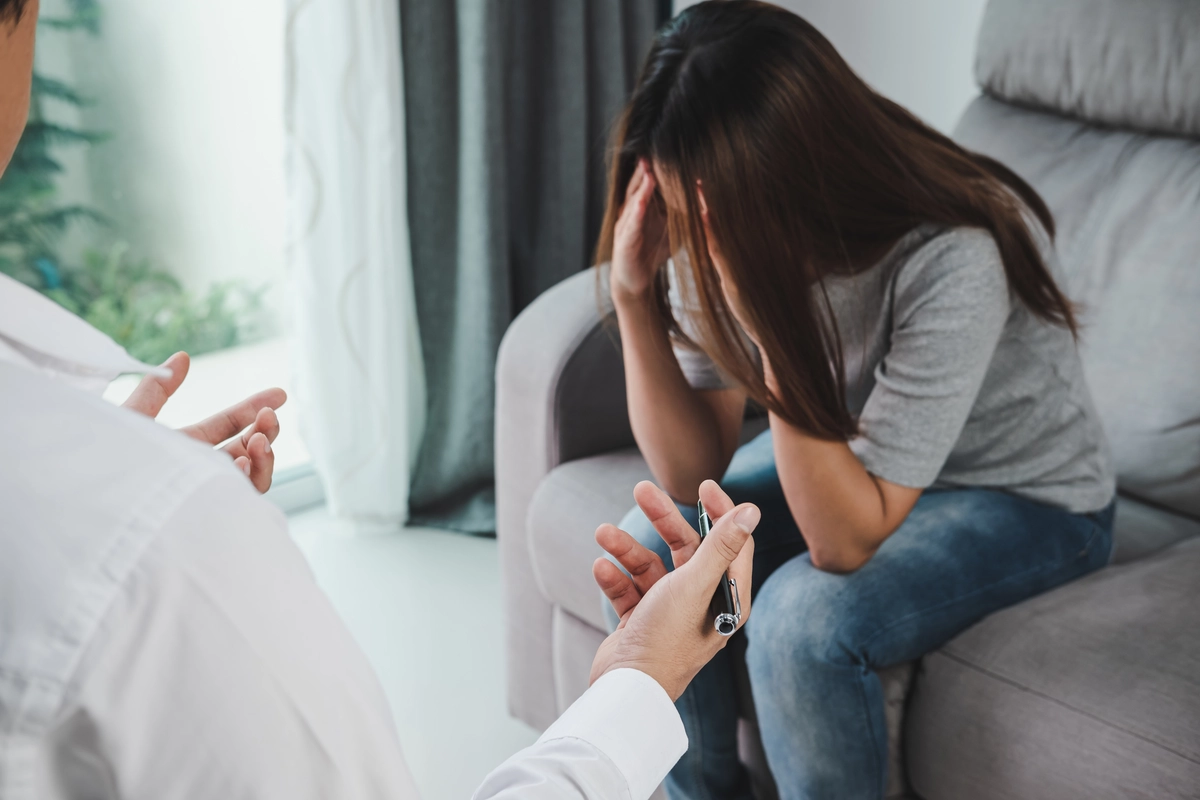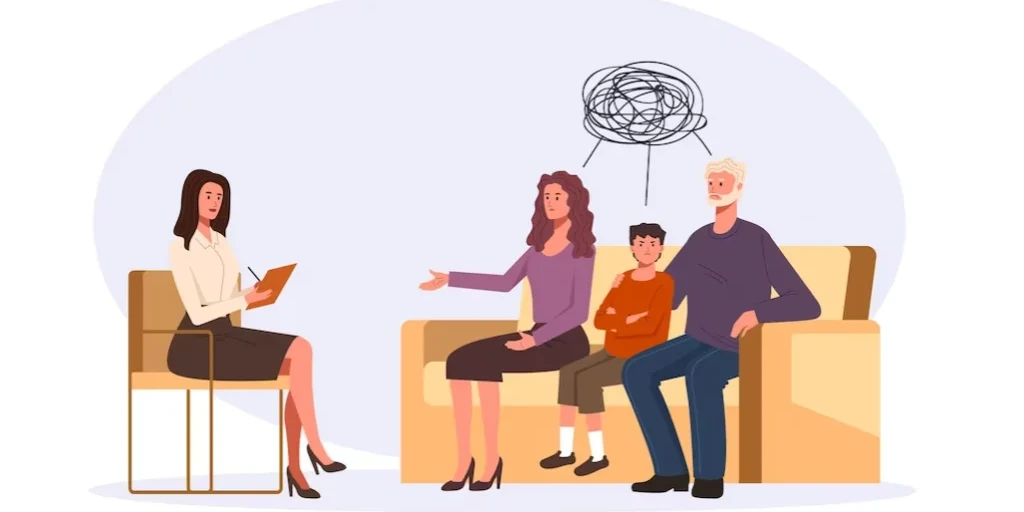24/7 Helpline:
(866) 899-221924/7 Helpline:
(866) 899-2219
Learn more about Bipolar Disorder Treatment centers in Keshena
Bipolar Disorder Treatment in Other Cities

Other Insurance Options
Beacon

MVP Healthcare

UnitedHealth Group

Self-pay options

Kaiser Permanente

Regence

State Farm

Group Health Incorporated

GEHA

ComPsych

Lucent

BHS | Behavioral Health Systems

Optum

Evernorth

Holman Group

BlueCross

Health Net

Sliding scale payment assistance

Excellus

Ambetter




Menominee County Alcohol and Drug Abuse Treatment
Menominee County Alcohol and Drug Abuse Treatment is a public rehab located in Keshena, Wisconsin. M...








